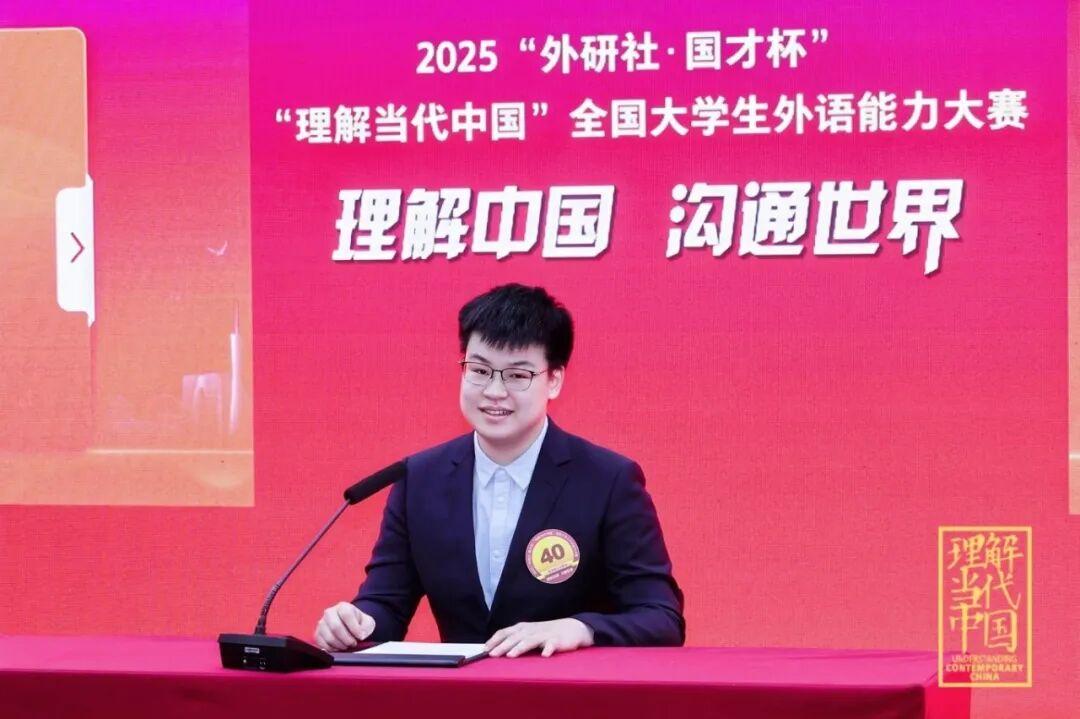Dr. Cary Anderson Joins the 2025 Times Asian Summit in Search for Knowledge and Innovation
The 2025 Times Higher Education Asian Universities Summit recently took place at the Macau University of Science and Technology, drawing nearly 1,000 participants from around the globe. With the theme “The Rise of Asia: A Journey of Transformation through Technological Innovation,” the event brought together over 650 leaders and administrators from globally renowned universities to discuss the future of science, technology and education in the region.
Representing Wenzhou-Kean University, Dr. Cary Anderson, Executive Vice Chancellor of WKU and Dr. Jue Yu, Associate Director of the Office of Accreditation and Assessment, were invited to attend the summit to engage in in-depth exchanges with international peers.
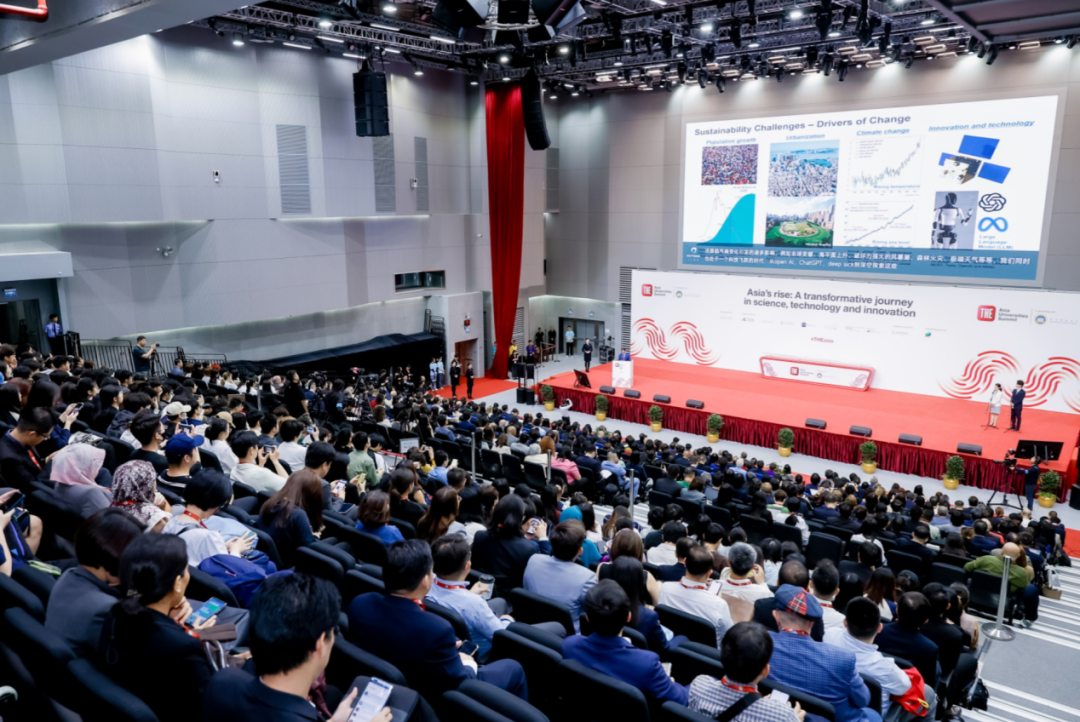
During the summit, participants took part in critical discussions focused on three core themes shaping higher education and research. In the roundtable session titled “Rethinking Academic Publishing: Balancing Quality, Impact and Pressure,” Dr. Cary Anderson joined a panel of global leaders in the field including Phil Baty, Chief Global Affairs Officer at Times Higher Education; Dr. Anders Karlsson, Vice President of Global Strategic Networks, Asia Pacific at Elsevier; Stephan Kuster, Director of External Affairs at Frontiers; Billy Wong, Chief Data Scientist of Time.
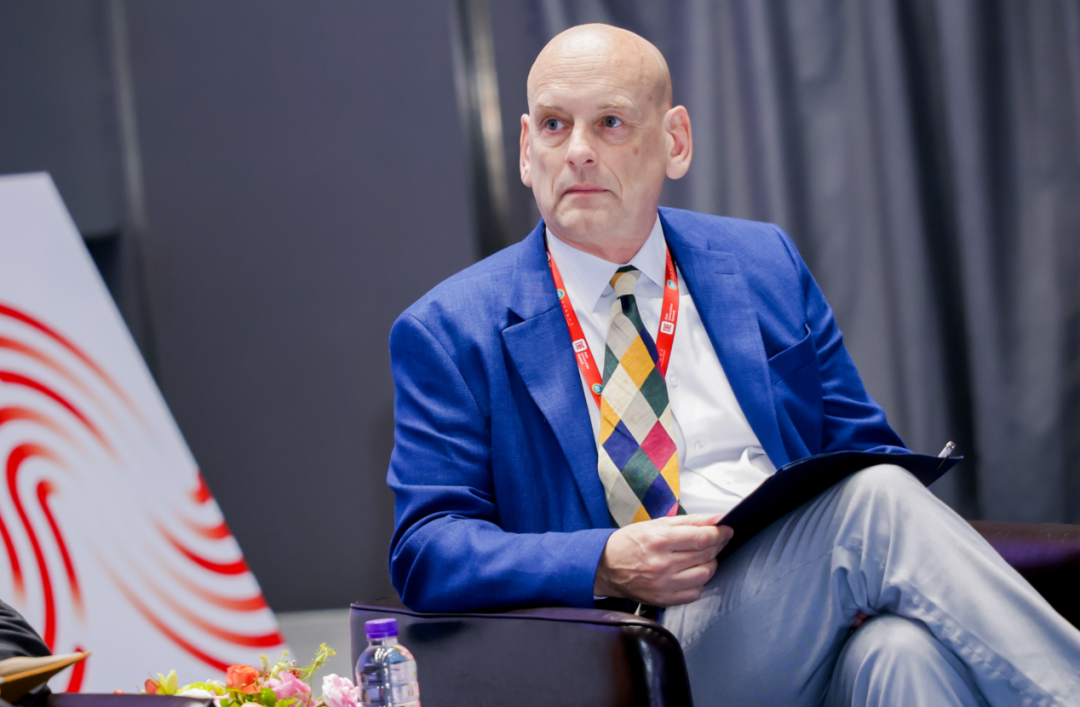
Dr. Cary Anderson, Executive Vice Chancellor of WKU
Dr. Anderson shared a series of constructive proposals on topics such as artificial intelligence, research integrity, and incentive systems in higher education. He also called on the global academic community to promote a healthier and more sustainable global research environment. After the panel, Dr. Anderson continued engaging in deep conversations with experts in the publishing sector.
Speaking from the perspective of a global higher education institution, he shared his insights on several key issues. On the topic of AI, he stressed the importance of balancing technological innovation with ethics. He noted that while AI continues to drive substantial progress in sustainable development, its energy consumption remains a serious concern. For instance, generating a single AI image consumes roughly the same amount of energy as charging a mobile phone, and the carbon footprint of global data centers varies significantly—Google’s facility in Finland has achieved 97% carbon neutrality, while in some parts of Asia, rates fall far behind as low as 4% to 18%. Through this analysis, Dr. Anderson explained the close relationship between technological innovation and sustainability, emphasizing that technological advancement should always go hand in hand with environmental responsibility.
In addressing reforms to university incentive structures, Dr. Anderson advocated and suggested that evaluation systems should focus more on quality and impact. He also encouraged stronger global collaboration between universities to build a more robust and sustainable research environment.
In addition, Dr. Anderson addressed the unique challenges faced by China-foreign cooperative universities in research output. He shared the innovative practices of Wenzhou-Kean University as a leading example. By bringing in international faculty and creating a seamless research path from undergraduate to graduate levels, WKU has managed to overcome traditional barriers between teaching and research.
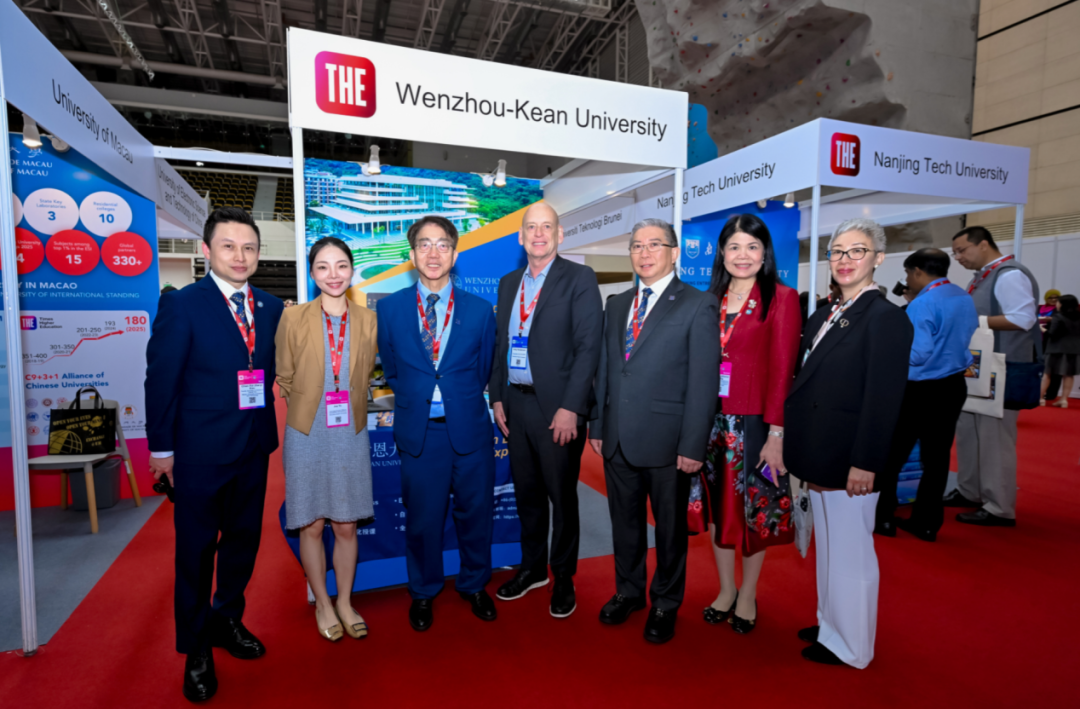
- Wenzhou-Kean University Spearheading Sustainability in Higher Education in Asia and in China, Awarded the AASHE STARS Gold-Certified in Sustainability
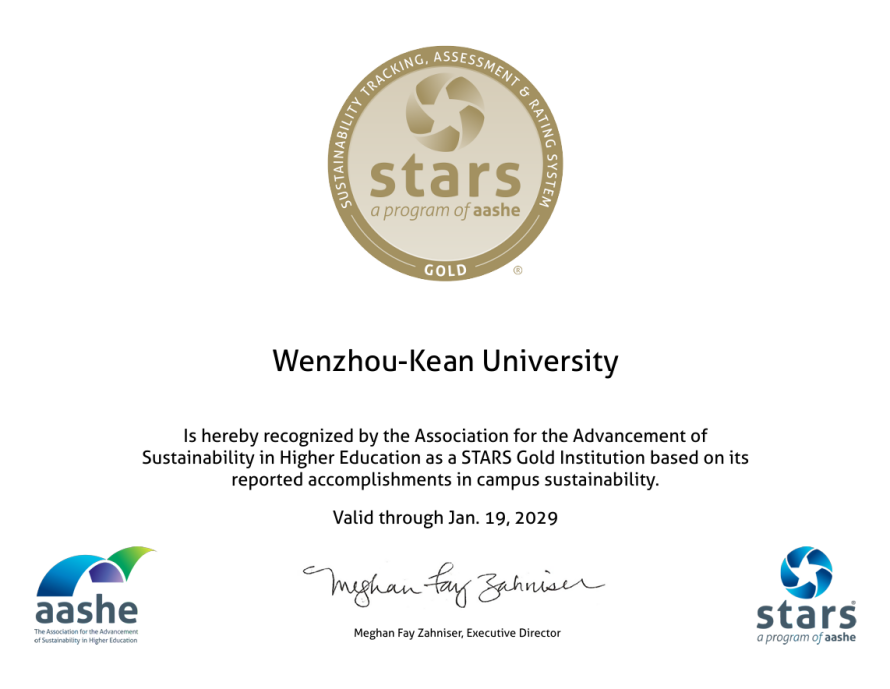
- Media Report | Wenzhou Daily: A Window into Friendship Between Chinese and U.S. Youths Wenzhou-Kean University Welcomes 340 Young Americans in Two Years
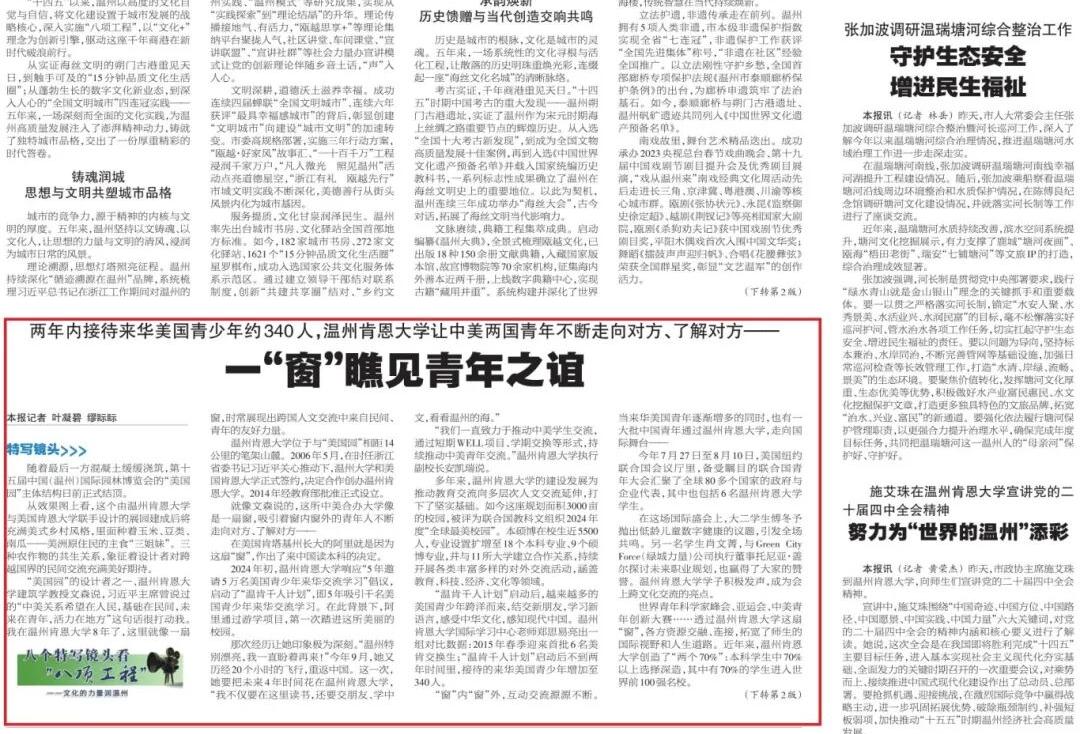
- WKU Student wins first prize in a national English speech contest: What is his answer to the value of boredom?
